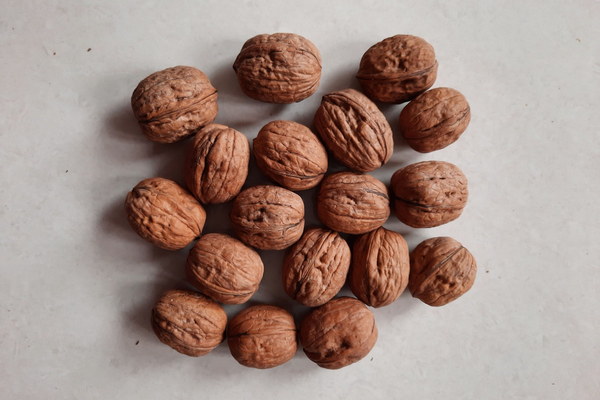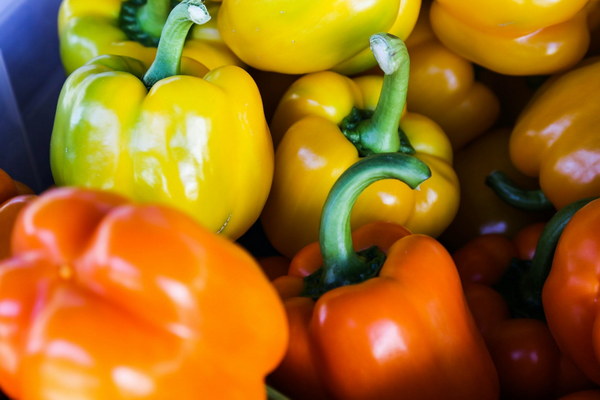Harmonizing Climate and Cuisine A Journey into the World of Climate-Specific Herbal Medicine
In the realm of traditional medicine, the concept of climate-specific herbal medicine holds a unique place. This practice, deeply rooted in the Eastern philosophy of yin and yang, suggests that certain herbs can be used to counteract the effects of specific weather conditions. As seasons change, so too does the body's need for different types of nourishment. This article delves into the fascinating world of climate medicine and explores how we can harmonize our diet with the ever-changing climate.

The concept of climate medicine dates back to ancient times when healers observed the correlation between the environment and the human body. In traditional Chinese medicine (TCM), it is believed that each season brings with it a particular element, such as wood, fire, earth, metal, and water, which can either be balanced or imbalanced within the body.
Spring, the season of wood and growth, is characterized by an ascending energy and an increase in warmth. During this time, the body tends to accumulate dampness, which can lead to joint pain, edema, and fatigue. To counteract this, TCM suggests incorporating herbs such as Astragalus (huangqi) and Atractylodes (cangzhu) into the diet. These herbs help to boost the immune system, promote circulation, and alleviate dampness.
Summer, the season of fire and heat, brings with it a time of high energy and activity. However, excessive heat can lead to internal heat, causing symptoms such as irritability, insomnia, and a red tongue. To maintain balance, TCM recommends the use of cooling herbs like Scutellaria (huangqin) and Bupleurum (chuanxiong), which can help to cool the body and calm the mind.
As we transition into autumn, the season of metal and harvest, the weather becomes cooler and drier. This shift can lead to a deficiency in lung yin, which may manifest as dry skin, cough, and a tendency to catch colds. To address this, TCM suggests incorporating herbs like Ophiopogon (maidenhair root) and Schisandra (wuweizi), which help to nourish lung yin and boost the immune system.
Winter, the season of water and cold, is characterized by a descending energy and an increase in coldness. This can lead to colds, flu, and other respiratory issues. To combat this, TCM suggests using warming herbs such as Cinnamon (rougui) and Aconitum (fuzi), which can help to expel cold and boost the body's energy.
In addition to these seasonal herbs, there are also climate-specific remedies for extreme weather conditions. For instance, during a heatwave, it is essential to stay hydrated and consume cooling foods and beverages, such as watermelon, cucumbers, and mint tea. Conversely, during a cold snap, it is important to eat warm and nourishing foods, such as soups and stews, to help maintain the body's temperature and energy levels.
Incorporating climate medicine into your diet is not only about selecting the right herbs and foods; it is also about understanding the principles of balance and harmony. By tuning into the changing seasons and their corresponding elements, we can make informed decisions about our diet and overall well-being.
In conclusion, climate-specific herbal medicine offers a fascinating approach to maintaining health and balance throughout the year. By understanding the connection between the environment and our bodies, we can harness the power of nature to support our health and well-being. So, the next time you feel the changing seasons, consider what the climate may be telling you about your body's needs, and adjust your diet accordingly. After all, the key to a healthy life is to live in harmony with the world around us.









